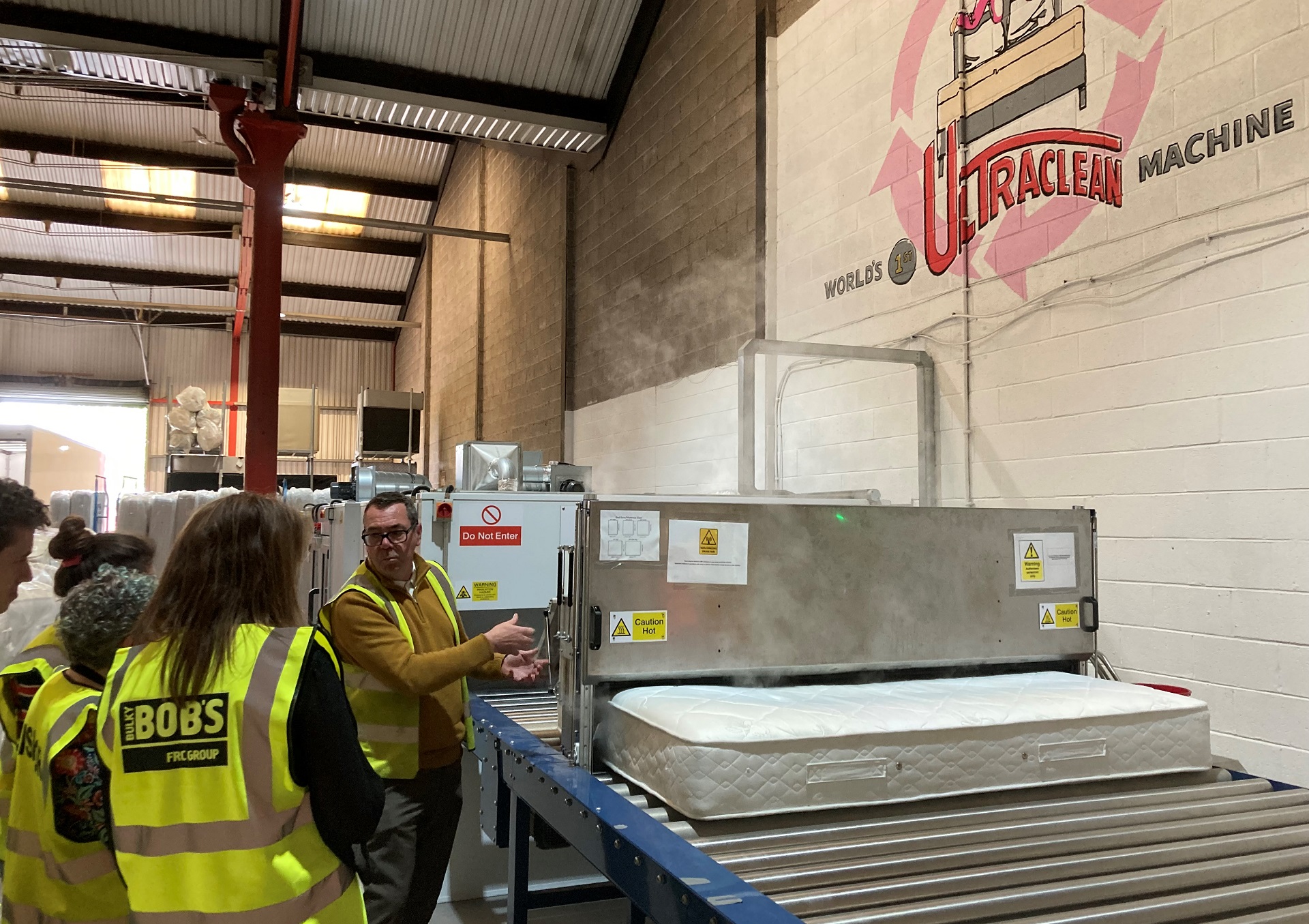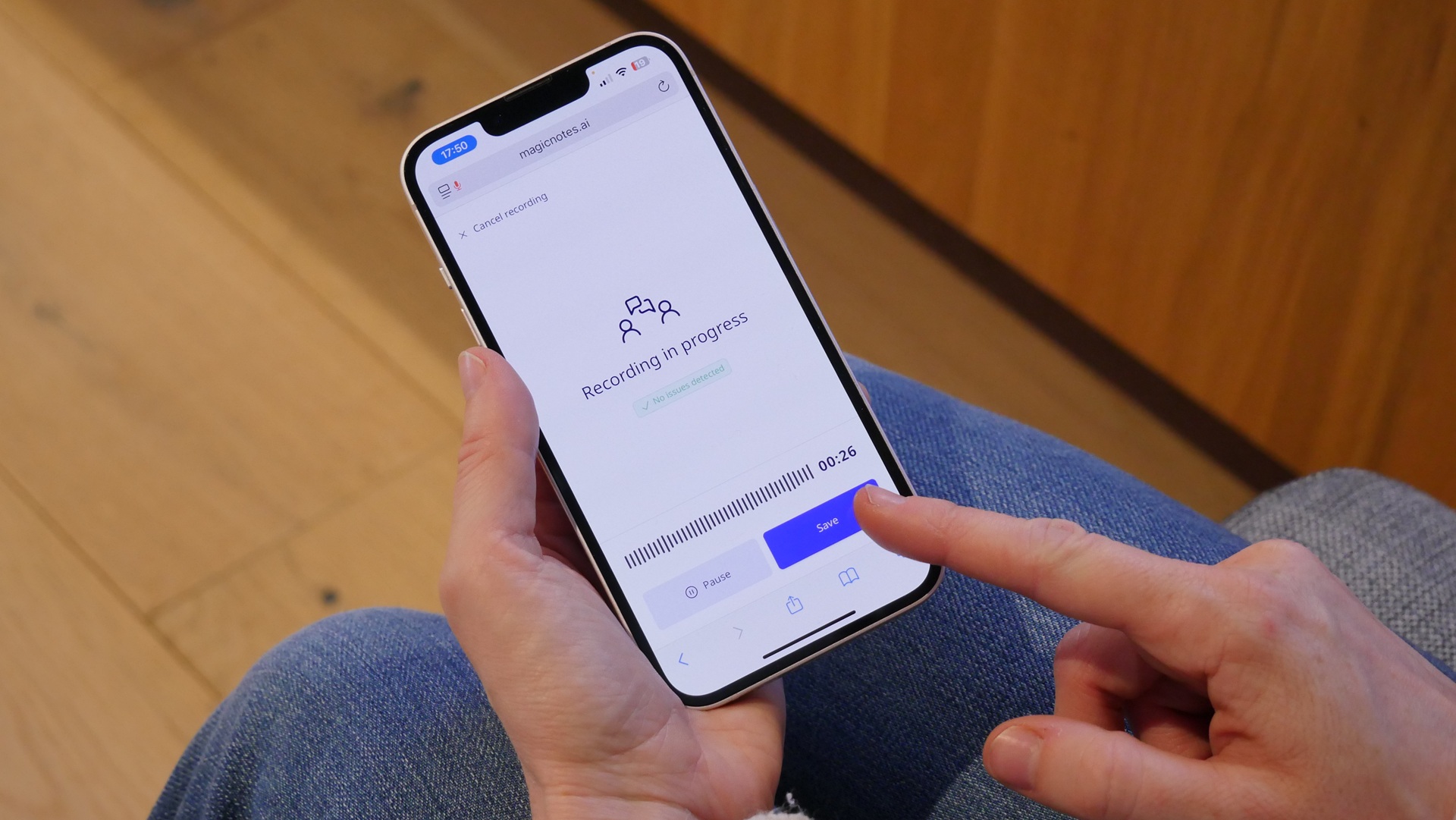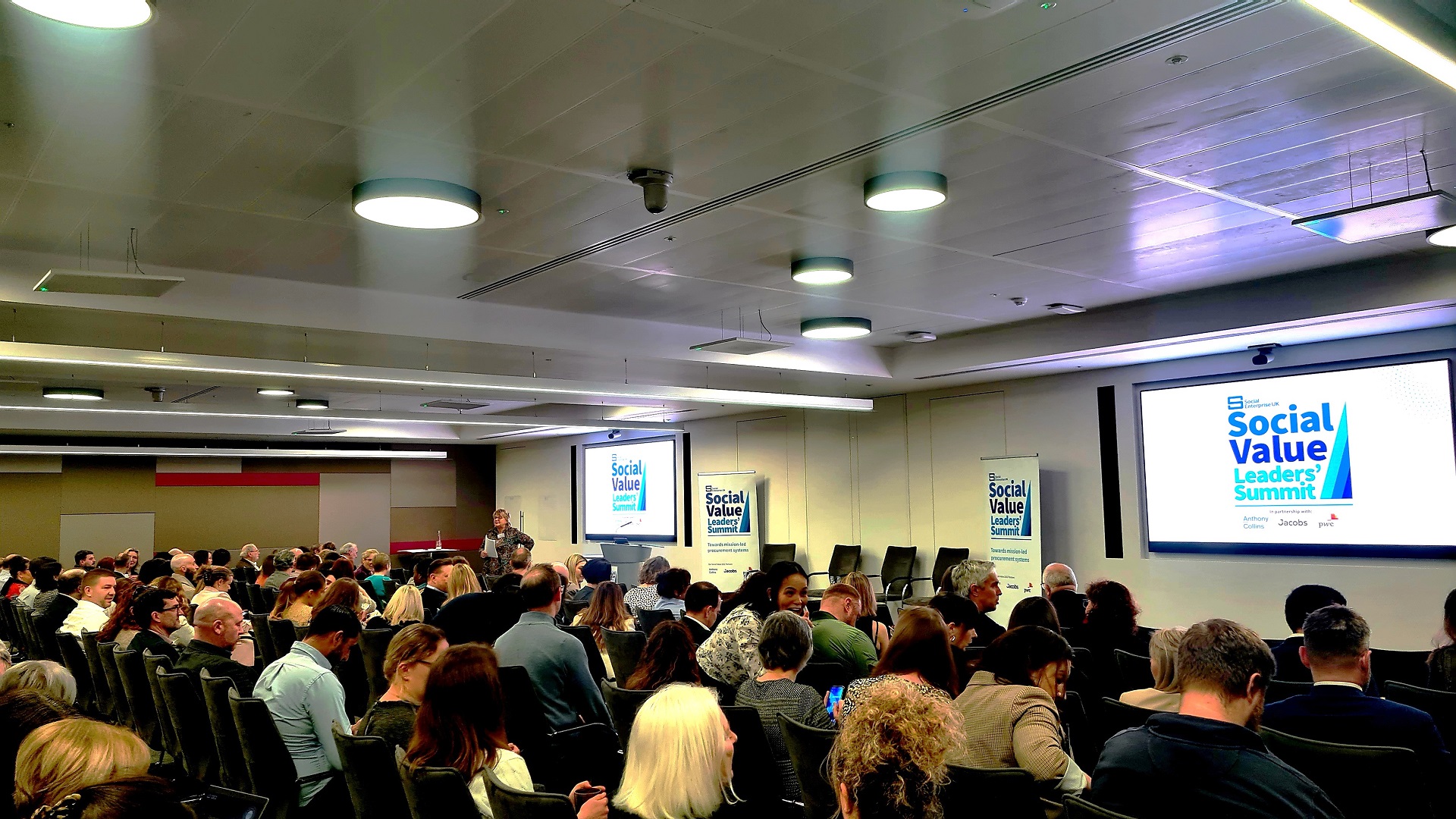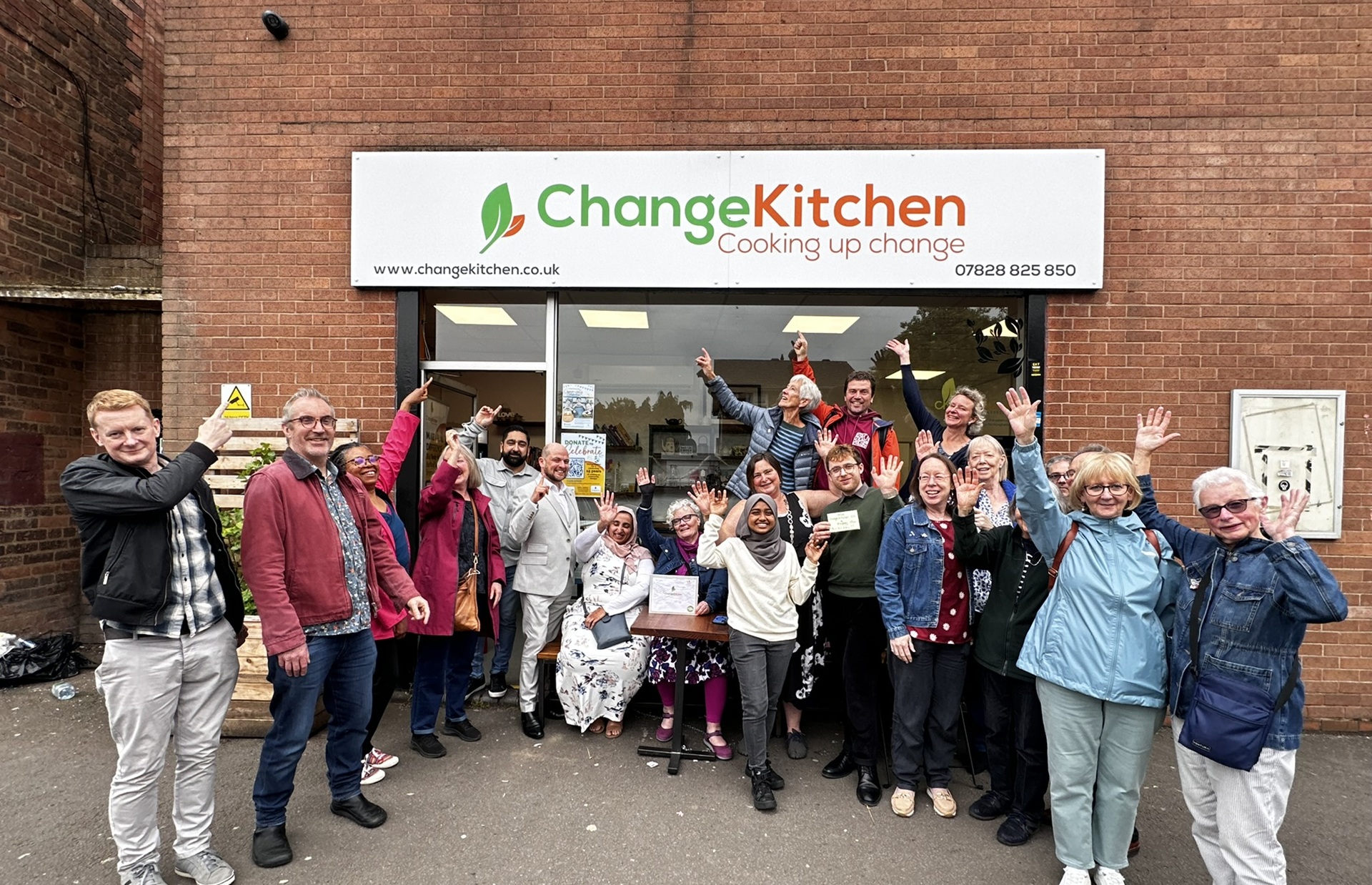Public webinars
Tackling Furniture Poverty and the Provision of Essential Furniture

June 2022
Furniture poverty affects millions of people across the UK, people who are living without essential furniture items such as beds, cookers or fridges. There is support out there but it can be very challenging to access. End Furniture Poverty has carried out research into possible solutions to Furniture Poverty, and provides help and support to navigate the patchwork of furniture provision currently available. This webinar examines the extent and impact of living in furniture poverty; the provision of furniture in social housing and the support End Furniture Poverty (EFP) can provide to social landlords considering the creation of furnished tenancy schemes.
Listen to the recording below:



